Five Things I Learned on The Mindful Drinking Podcast 🎧
In nine months of hosting my podcast, these are some of the most important things guests shared.
I have an admission to make: The reason I started my podcast is to learn from others. Sure, I’m happy to share my own knowledge, and you’ll find solo episodes where I cover topics like my RATE acronym or “Mindful Mixology.” But, for me, the real reward is bringing on brilliant guests and hearing their stories.
On my show, I feature guests who are actively shaping the conversation around mindful drinking, from neuroscientists studying alcohol and sleep to entrepreneurs creating apps that focus on behavior change around the way we drink alcohol. Mindful drinking is about the full range of people’s experiences with alcohol, and I want to explore it all.
After nine months of incredible conversations, we’re still going strong. Below are five conversations I had with guests that stood out and led to amazing discoveries for me. I want to share those discoveries with you and, if you haven’t listened before, welcome you to the show.
1. There’s a Reason Humans Drink Alcohol
Top of the list of experts I wanted to interview for my podcast was Edward Slingerland, author of Drunk: How We Sipped, Danced, and Stumbled Our Way to Civilization, a book about why humans engage in the sometimes costly behavior of drinking alcohol. Slingerland is a scholar and professor of philosophy at the University of British Columbia and the director of The Database of Religious History. He didn’t disappoint.
As a student of anthropology, I’ve long understood that alcohol isn’t just a social problem but a social solution. Humans have reasons for what we do. Slingerland does an excellent job of theorizing an answer to a mystery that, as he describes, is in plain sight. In this clip, Slingerland names the three C’s (creative, cultural, and communal) to describe the “weird ecological niche that humans occupy” and how alcohol is, at least, part of the solution to fulfill that niche.
Of course, it doesn’t mean humans should drink alcohol. Only that it’s no accident that we found our way to the bar stool.
Full podcast: Alcohol & Evolution
2. How Do You Know If You Have a Problem?
Among my favorite guests is Dr. Nzinga Harrison. The reason? She’s written a book that pairs her expertise with compassion and shows that, as a health practitioner, you can do both. Harrison wrote Un-Addiction: 6 Mind-Changing Conversations That Could Save a Life and is also the co-founder and Chief Medical Officer of Eleanor Health. But what truly made me a fan is how Harrison is so natural at translating complicated ideas for the lay person.
While I learned many new things from her book and during the podcast, including the concept of ZNA, one that stood out is the CAGE AUD screening tool. It’s a very simple and effective tool to determine if you or someone you know may have an alcohol problem and need help. I've often struggled to quantify whether someone has a problem or not before its too late. This is the tool.
Full podcast: Where’s the Line Between Too Much & Addiction?
3. Being Open, Aware, & Engaged in a Life Worth Living
Both why we drink and the limitations of drinking alcohol don’t really tell us much about how to live. However, that question is essential when considering how we integrate alcohol into our lives. For answers, I turned to Steven C. Hayes, a world-renowned psychologist and author of over 48 books. He is also the founder of ACT, Acceptance and Commitment Therapy.
Hayes had 15 words that demonstrate everything we know about change in psychology, being “…open, aware, engaged in a life worth living, taking care of your relationships and body.” This is the essence of psychological flexibility and a fundamental aspect of health.
Full podcast: Mindful Drinking & ACT
4. You Can D.O.S.E. Yourself!
Psychological flexibility might help us live better, but does it make us truly happy or simply help us endure life’s slings and arrows? On the other hand, alcohol tends to be something people both use to handle life’s problems but also to have fun. Radha Agrawal suggests we try something different, D.O.S.E-ing ourselves. D.O.S.E. stands for dopamine, oxytocin, serotonin, and endorphins — our “happy chemicals” that can be released through activities like dancing, touch, and music. No alcohol required.
Agrawal coined the term in relation to her Daybreaker parties, which are alcohol-free morning dance parties. Her newest project, Belong Centers, extends the party throughout the day with a place for meaningful connection during a time when loneliness has become an epidemic.
Full podcast: Social Wellness & Mindful Drinking
5. Your Grandmother Was Probably Right
When we consider what it means to be healthy and well, we’re often bombarded with biohacking trends, wellness brands, and new theories. But how many of these ideas are simply repackaging timeless wisdom? For instance, is mindful drinking merely the sort of advice your grandmother (assuming she didn't drink too much) might have shared?
Rosamund Dean, who coined the term and authored Mindful Drinking: How Cutting Down Can Change Your Life and Reconstruction: How to Rebuild Your Life, Body, and Mind After Breast Cancer, suggests it might be.
For me, this wasn’t a groundbreaking revelation but a crucial reminder: you don’t need to spend a fortune or wake up at dawn and take an ice bath to improve your well-being. Sometimes, it’s about simple, effective practices—getting enough rest, eating nutritious foods, staying active, and moderating your alcohol consumption.
Full podcast: Mindful Drinking & Future-Proofing your Body
As you can see, The Mindful Drinking Podcast covers a wide range of topics. Our goal is to provide tools and information to help you—and me—drink more mindfully. We’ve explored many themes in nearly twenty episodes, and these are just five examples.
If you’ve enjoyed any of these episodes, I’d love for you to check out the rest of the podcast and consider leaving a review or comment. If you have ideas for future episodes or guest suggestions, please share them below!
As always, here’s to mindful drinking!
What’s happening and what’s next….
Want to know what cocktail books bartenders swear by? Kirk Miller of Inside Hook polled bar personalities for their favorite picks and Ian Blessing of All the Bitter chose my book, Mindful Mixology: A Comprehensive Guide to No- and Low-Alcohol Cocktails. 📗
It’s finally open, Dogōn by Chef Kwame Onwuachi, and I couldn’t be more delighted to have played a role by creating the cocktail menu. Read what Forbes has to say about it. Cocktails at Dogōn are both with and without alcohol. 🍹
On the topic of NA beverage programs, Sophia Gottfried wrote about “How to Create a Non-Alcoholic Beverage Program That Sells” for SevenFifty Daily last year. “‘When I approach a program, I ask, ‘What are the customers used to here?’ More than anything, people want to experience the best that place has to offer,’ says Brown.” 🍸
Over 600,000 people watched me stir rice, marking my most successful Instagram post to date. I joke that I might rename my feed Rice-stagram. However, the truth is that people are really curious to learn NA cocktail techniques. What would you like to learn?
Next up: Glycerin Infusions. 🧪
Thank you to Oar Health for your important work and sponsorship of Positive Damage! Learn more about how Oar Health can help you drink less or quit here.





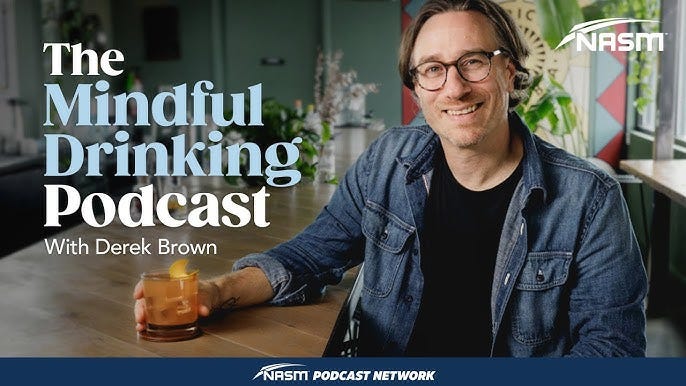
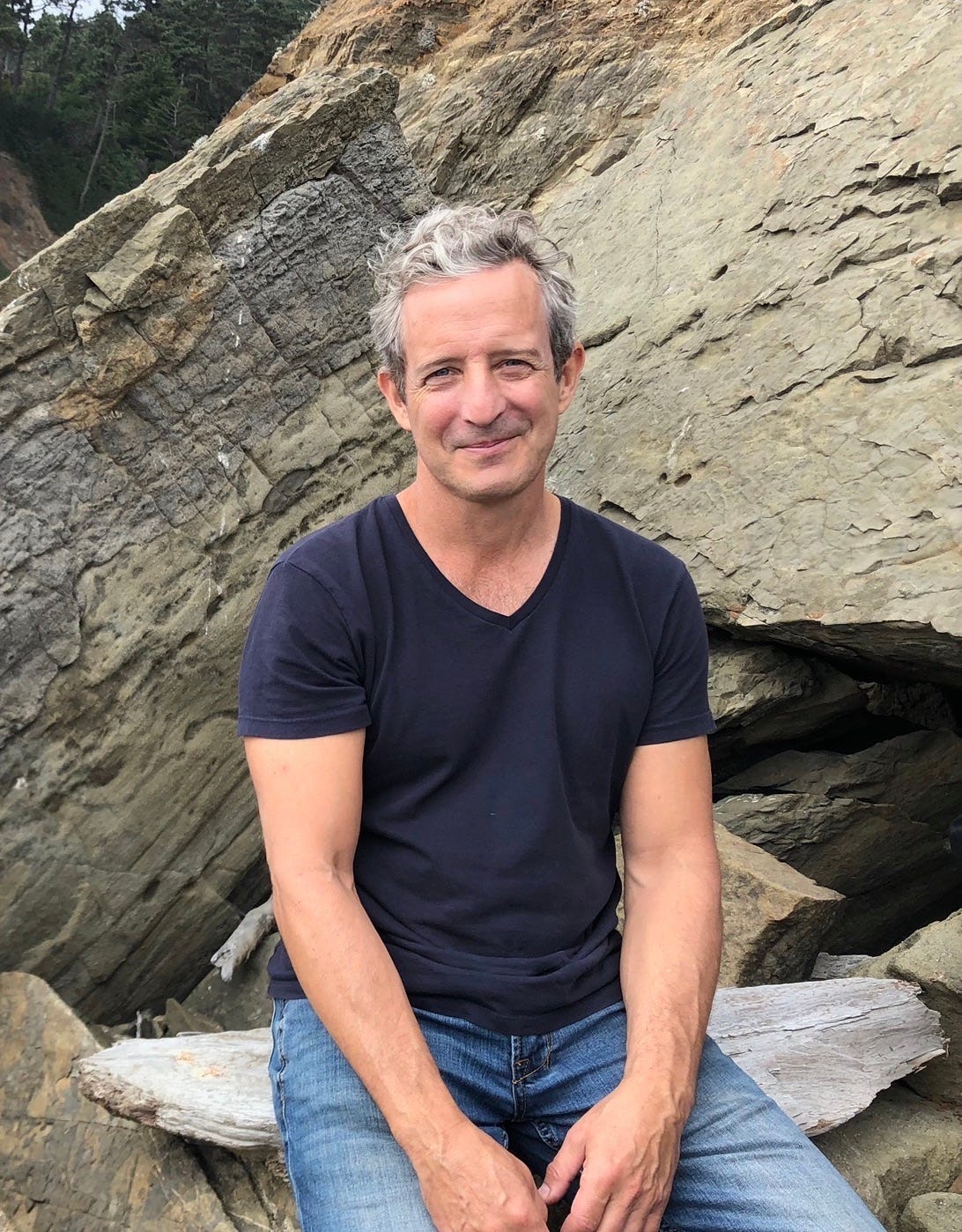


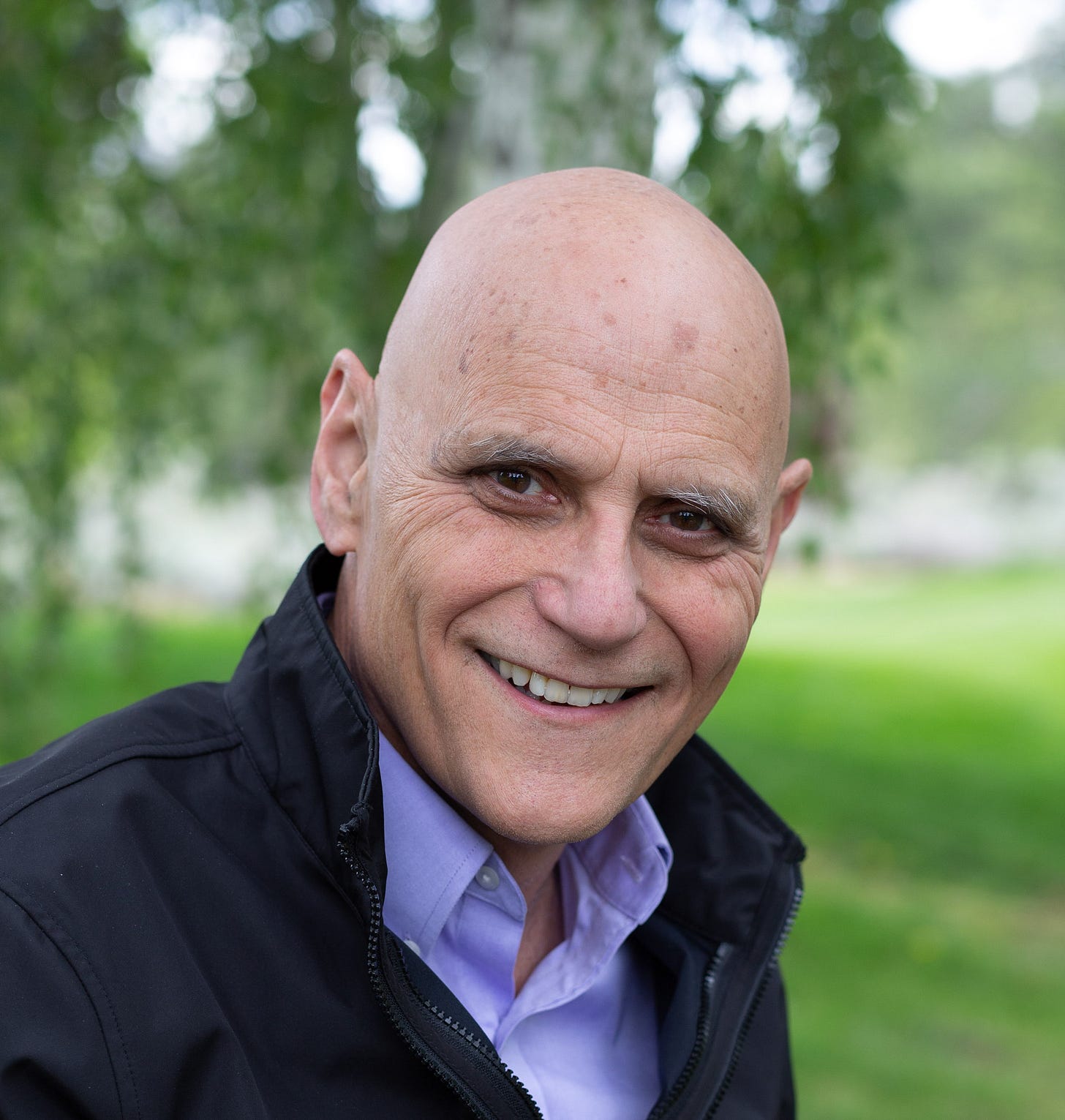

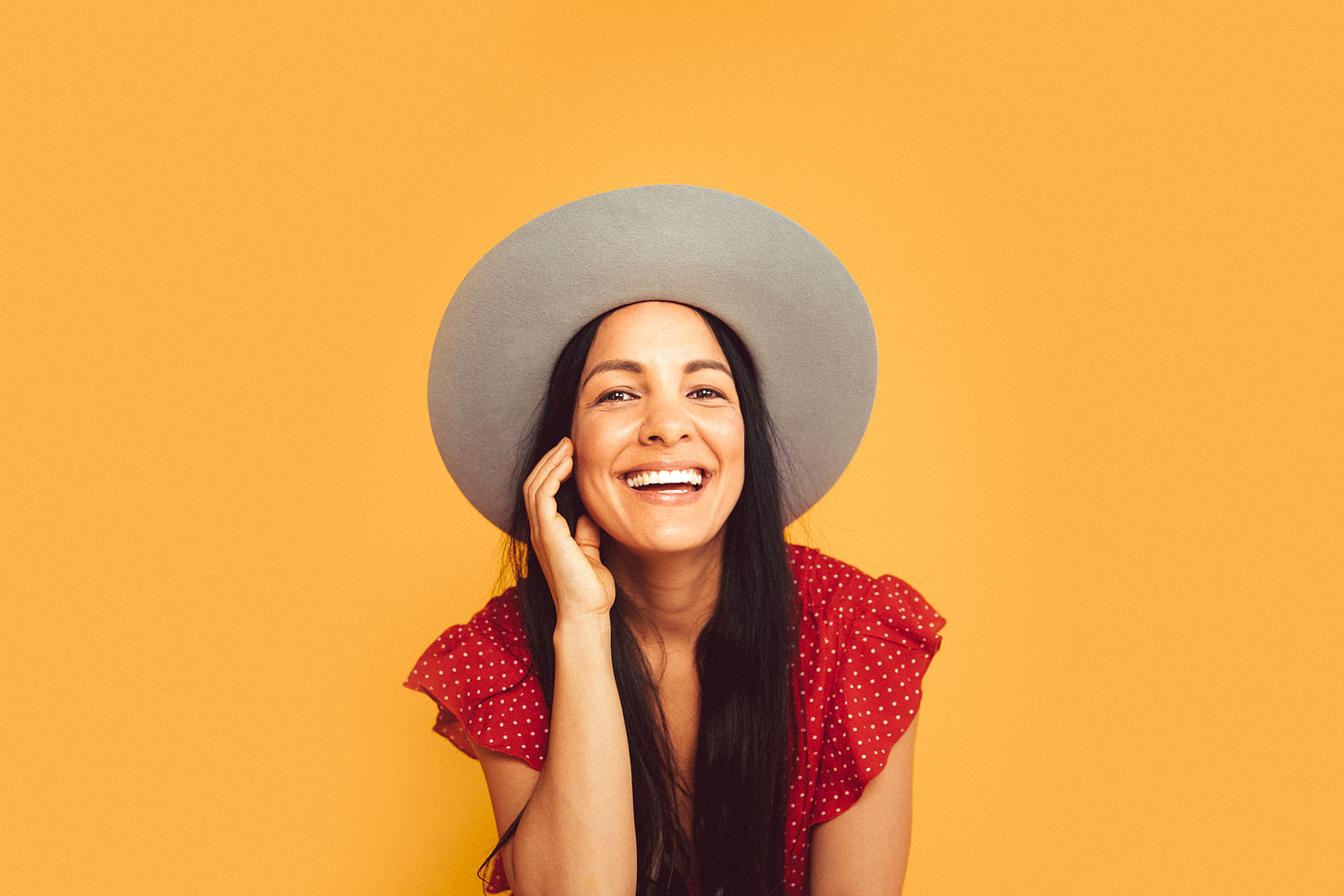
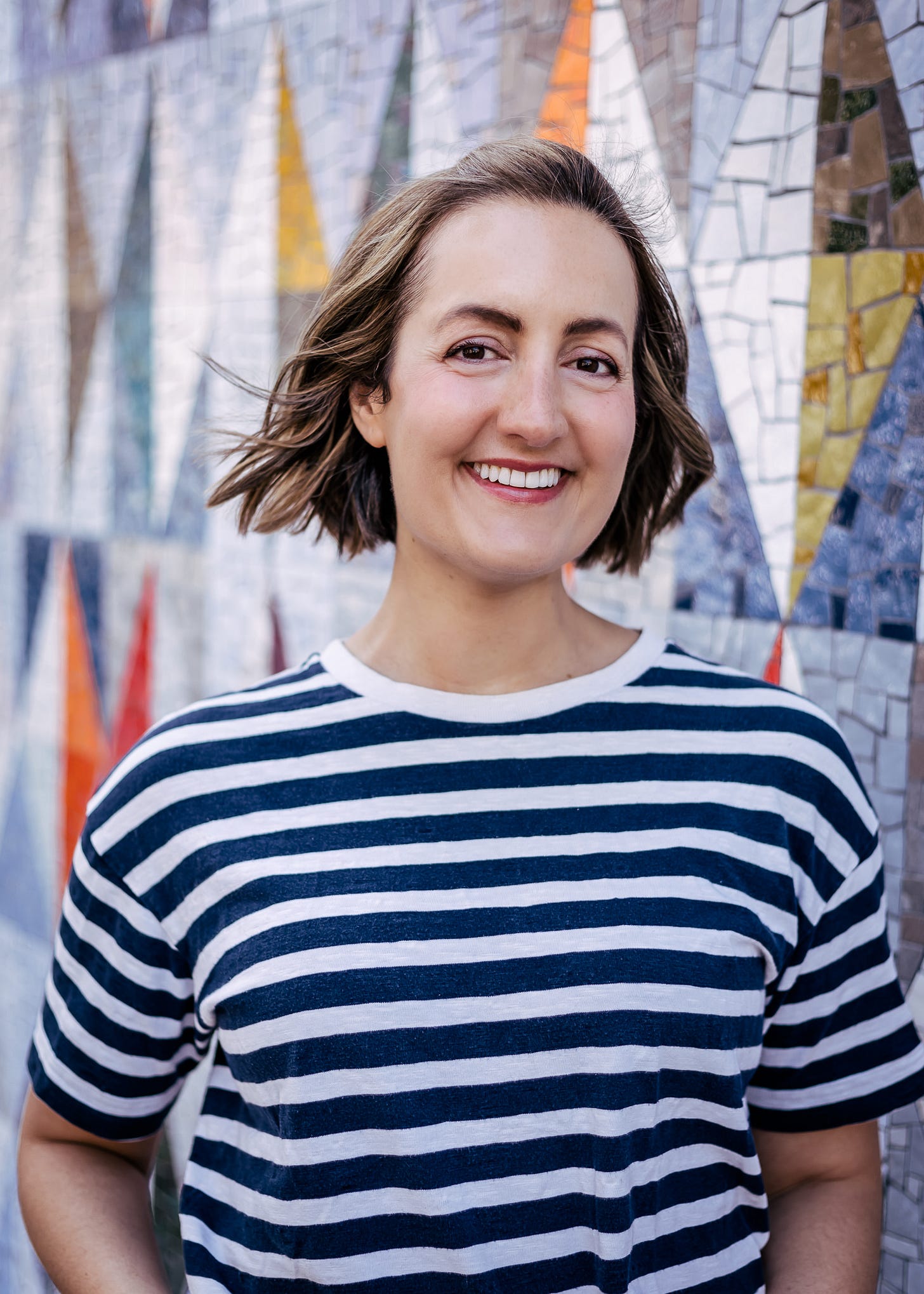
Star-studded guest lineup! Banger after banger.
Super cool Derek (as always)! You're a leader bringing these different voices together so we can all learn along with you.